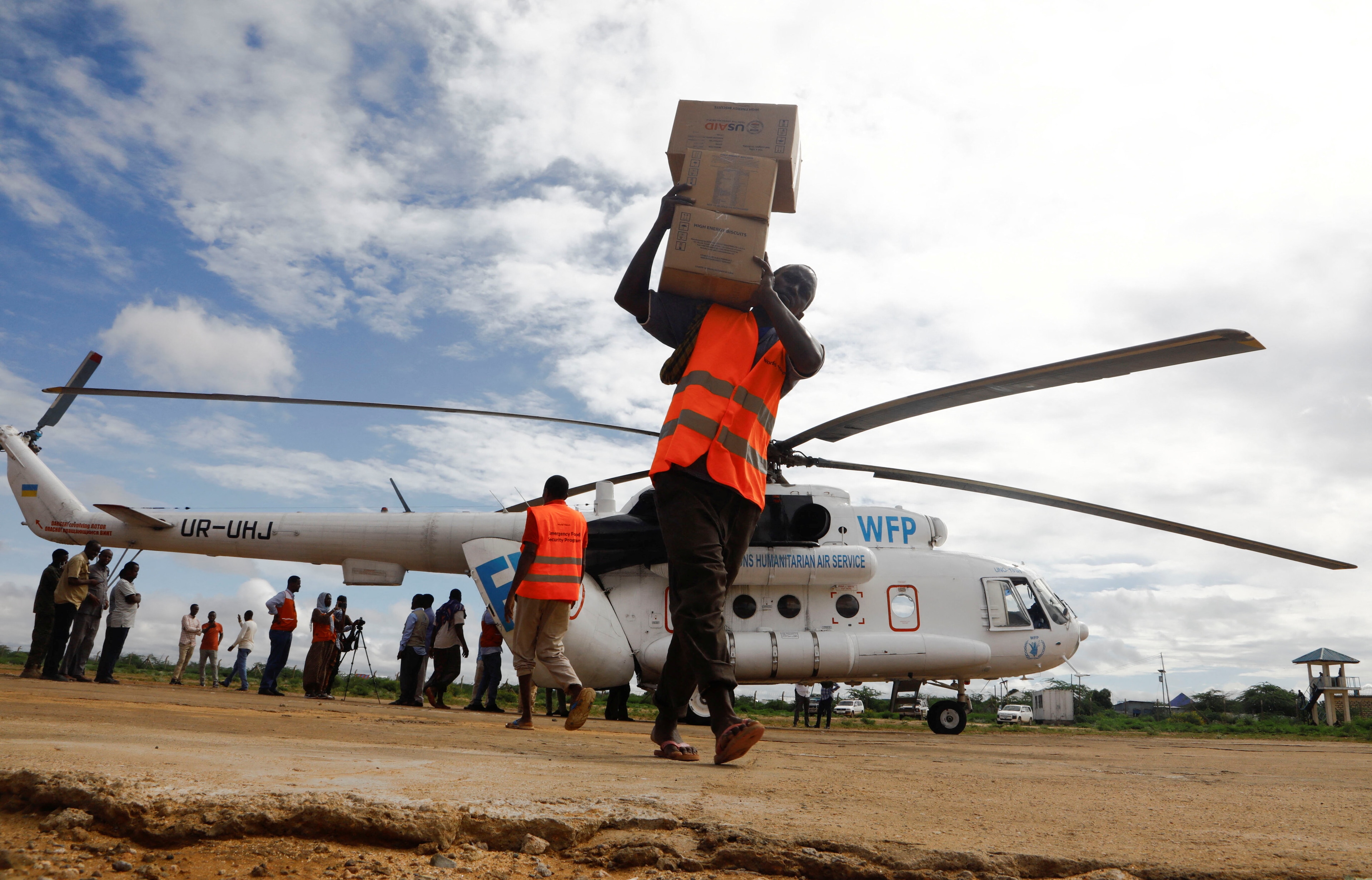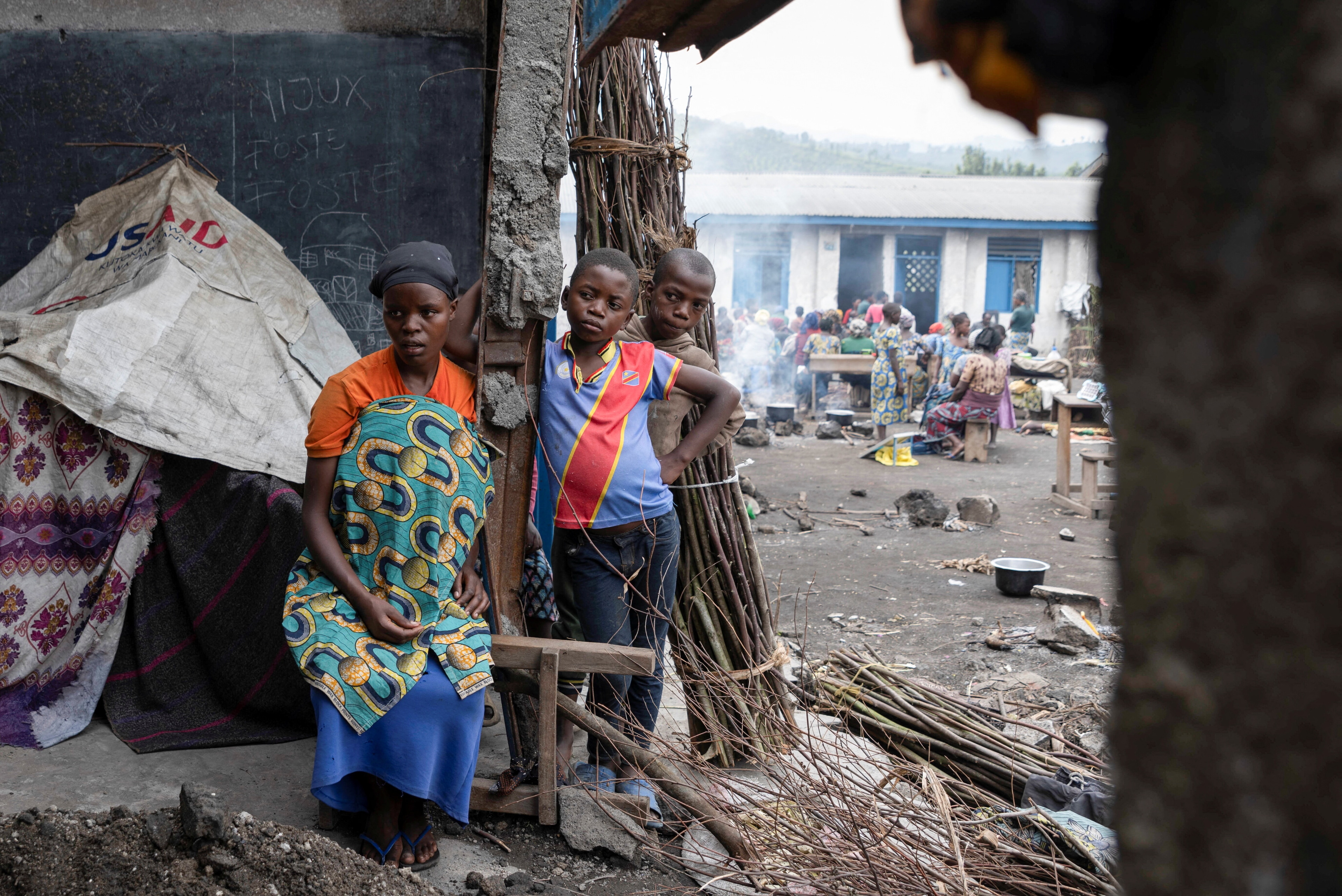These are the countries most welcoming to refugees

This country has the most welcoming attitude to refugees, according to new research from Amnesty International.
Image: REUTERS/Michaela Rehle
Stay up to date:
Migration
Research from Amnesty International has identified China as the country with the most welcoming attitude to refugees.
The country scored higher than the 26 other nations surveyed in terms of positive attitudes held by members of the public towards refugees fleeing war or persecution.
The research looked at a number of attitudes including whether refugees should be given asylum, whether national governments were doing enough and how much help people would consider giving refugees themselves.
How do attitudes compare?
The Refugees Welcome Index ranks countries on a scale of 0 to 100, where 0 represents all respondents saying they would refuse refugees entry to their country and 100 represents all respondents saying they would accept refugees into their neighbourhood or home.

Germany and the UK follow closely behind China with positive attitude scores in the 80s.
The United States scores 60% while France scores 56%.
Russia is at the bottom of the list of countries surveyed with only 18% of respondents saying they would welcome refugees in their neighbourhood or home.

Should governments be doing more?
Globally, two out of three respondents agreed that their national government should do more to help refugees fleeing war or persecution.
Again, agreement is highest in China at 86% followed by Nigeria (85%) and Jordan (84%). Agreement is particularly low in Thailand and Russia, at under 30%.
In Turkey, India, Thailand and Russia, majorities think that their national government should not do more to help refugees fleeing war or persecution.
Who is most likely to think refugees need more help?
The report found that support for increased government action increased by 5% among those with a higher level of education. Support was also 6% higher amongst those with higher income levels.
Finally, those living in cities were 10% more likely to agree with the need for increased government action to help refugees.
Accept our marketing cookies to access this content.
These cookies are currently disabled in your browser.
Don't miss any update on this topic
Create a free account and access your personalized content collection with our latest publications and analyses.
License and Republishing
World Economic Forum articles may be republished in accordance with the Creative Commons Attribution-NonCommercial-NoDerivatives 4.0 International Public License, and in accordance with our Terms of Use.
The views expressed in this article are those of the author alone and not the World Economic Forum.
Related topics:
Forum Stories newsletter
Bringing you weekly curated insights and analysis on the global issues that matter.
More on Resilience, Peace and SecuritySee all
Naoko Tochibayashi
July 28, 2025
Vanina Farber
July 21, 2025
Robert Piper
July 17, 2025
Resilience roundtable: How emerging markets can thrive amid geopolitical and geoeconomic uncertainty
Børge Brende, Bob Sternfels, Mohammed Al-Jadaan and Odile Françoise Renaud-Basso
July 9, 2025
Kate Whiting
June 19, 2025
Alejandro De Quero Cordero and Giorgio Parolini
June 6, 2025






